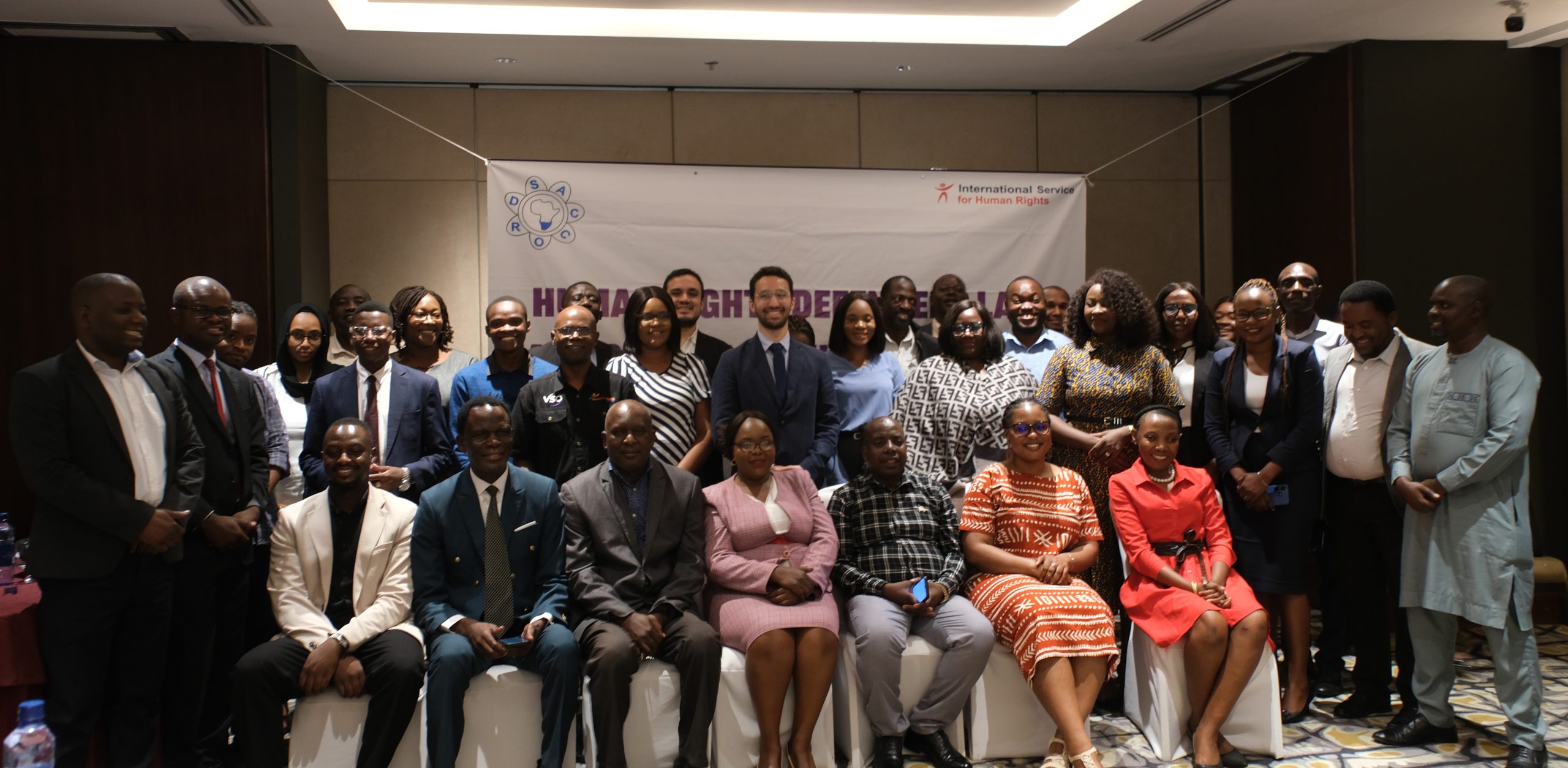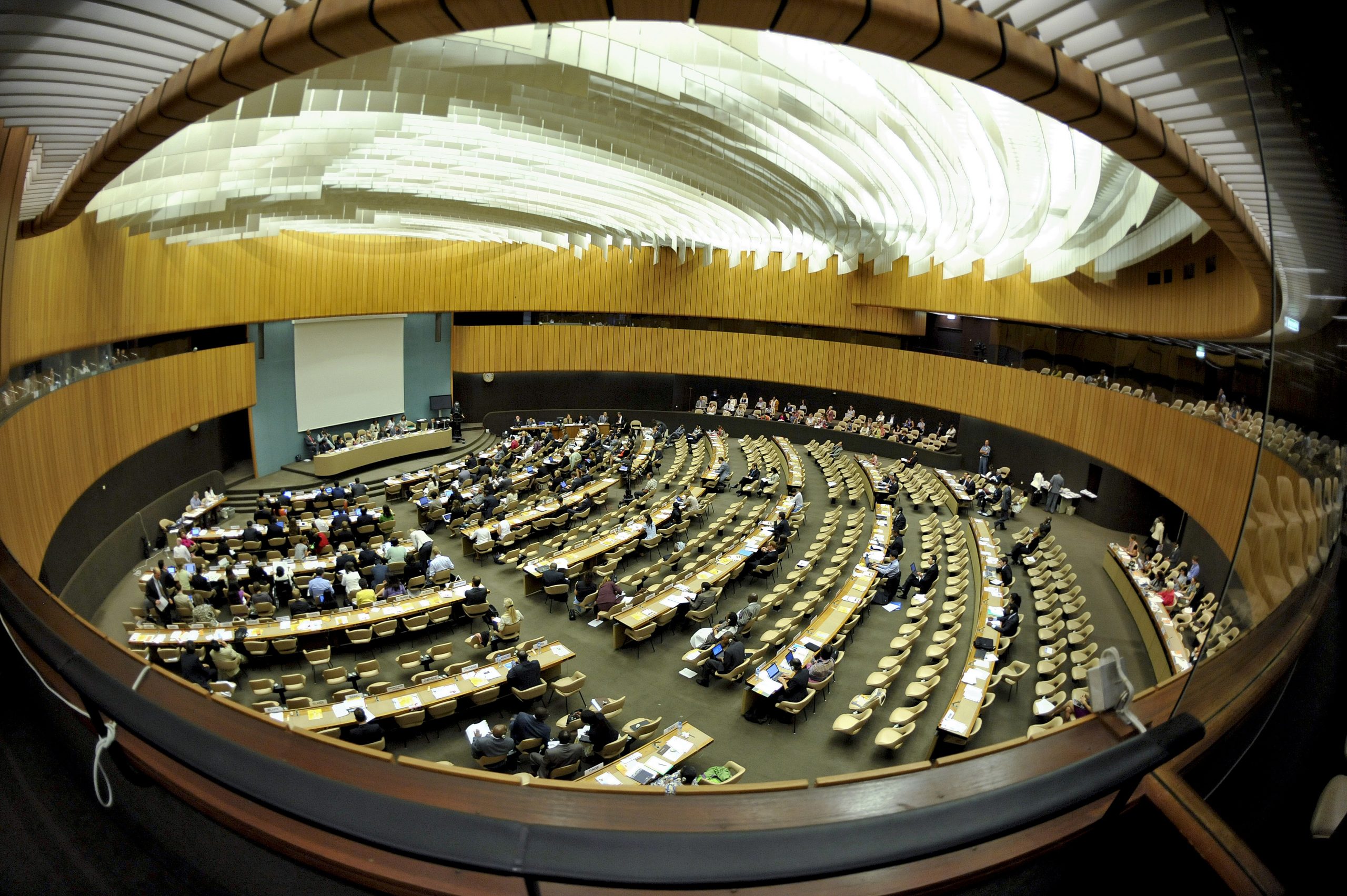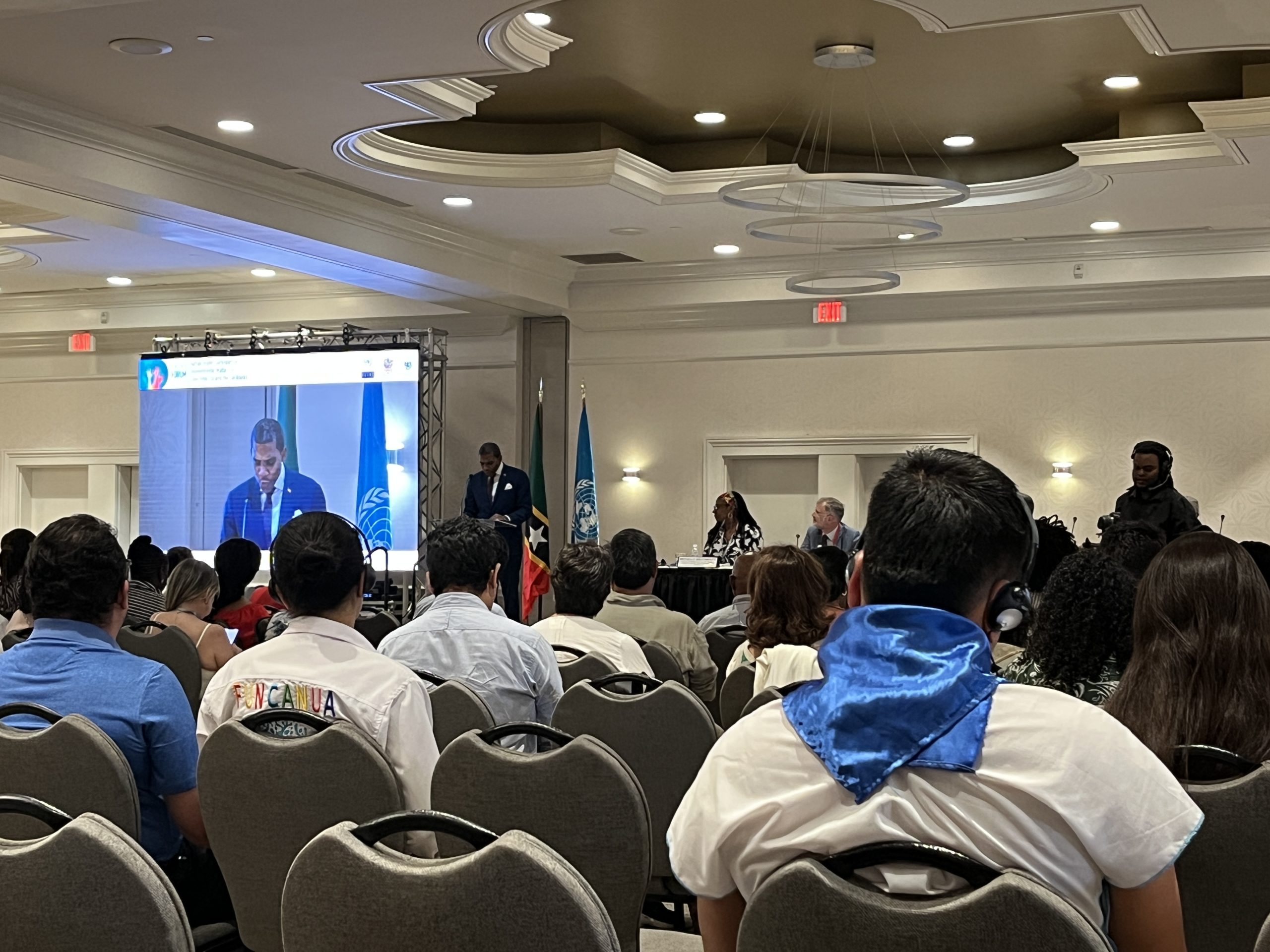(New York) – All States should support the participation of national human rights institutions in the work of the UN General Assembly and other UN bodies, with NHRIs having a vital role to play in translating the human rights resolutions of UN bodies into real-life human rights reforms on the ground, ISHR said today.
The call follows a a report and recommendation from the UN Secretary-General (SG) to the UN General Assembly (GA) to consider the participation of A-status national human rights institutions (NHRIs) in the GA, ECOSOC and other relevant UN bodies, in line with current practice at the UN Human Rights Council. He also reiterated his encouragement to NHRIs to keep advocating for their independent participation in the UN. The SG’s report and recommendations themselves are in line with the findings and recommendations of a major ISHR report on the desirability and feasibility of extending NHRI participation rights at the UN.
In his report to the GA (A/70/347), the SG noted that not only are NHRIs ‘uniquely positioned to provide the UN with evidence-based information on human rights situations and to promote the implementation of human rights norms and standards in their respective countries’, but they are also required under the Paris Principles to cooperate with the UN.
The SG highlighted that where existing practice and procedure allow for participation, UN bodies and processes benefit from the expertise of A-status NHRIs. He then stated categorically that the Commission on the Status of Women ‘would benefit from independent and authoritative information from human rights institutions, as the majority of them address gender issues.’
‘In his report, the SG speaks to the value of NHRIs participation and indicates no legal impediments to extending that participation,’ said ISHR Board member and former Australian Human Rights Commissioner Chris Sidoti. ‘Extending participation rights for A-status NHRIs is a means of enabling them to fulfill their requirement to cooperate with the UN. It also enables UN forums to benefit from the knowledge, expertise and experience of NHRIs, as the Human Rights Council and the treaty bodies have been doing for years.’
The SG pointed out that NHRIs already enjoy full participation rights at the Human Rights Council, at treaty bodies, and in at least one advisory body of ECOSOC (namely, the Permanent Forum on Indigenous Issues). NHRIs also enjoy active participation in other UN bodies. However their participation remains mostly ad hoc and informal. These bodies, such as the committee on the Status of Women, have not developed modalities for the participation and contribution of A-status NHRIs so far.
NHRI participation was formalised in key UN processes such as the Durban Review Conference and NHRIs have also been active in a range of other mechanisms. This includes the GA intergovernmental process to strengthen and enhance the effective functioning of the human rights treaty body system, through the elaboration of conventions and optional protocols.
‘In this 70th year of the UN, the General Assembly has a wonderful opportunity to deepen NHRI cooperation with the UN all with the aim of strengthening the collective effort for the promotion and protection of human rights,’ said Eleanor Openshaw, ISHR Programme Manager for NGO Participation.
In his report the SG therefore encouraged NHRIs to continue advocating for their independent participation in relevant UN bodies and processes. He called on States to ensure that NHRIs are protected in their work, including whilst cooperating with the UN, and to ensure that any cases of alleged reprisal or intimidation against members and staff of institutions, or against individuals who cooperate or seek to cooperate with them, are promptly and thoroughly investigated and perpetrators brought to justice.
Several NHRI chairs will be travelling to the GA to participate in a side event on the role of their institutions, the importance they put on extending participation rights and the value of the role of NHRIs in the UN system. The event to be held on 12 October, from 1:15pm to 2:30pm at the UN Conference Room 7, is co-sponsored by the Permanent Missions of Afghanistan, Australia, Germany, Ghana and Morocco, along with ISHR. For further information, see the event flyer.




